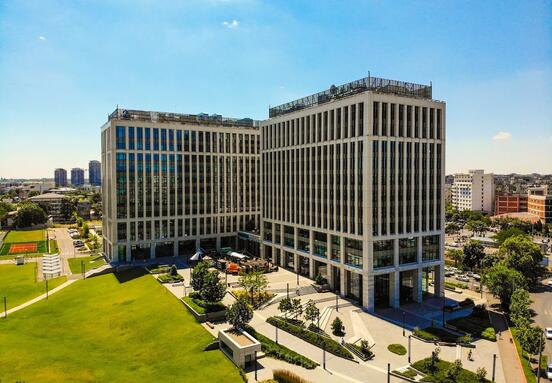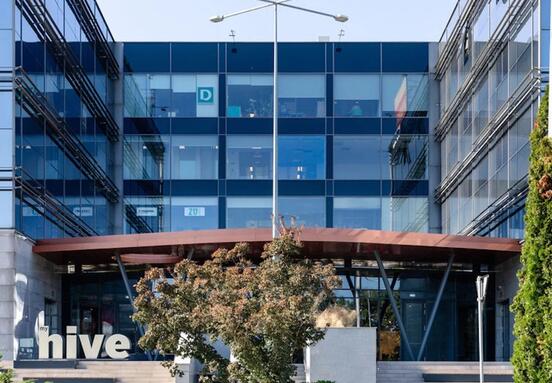Romania’s economy advanced 1.6 per cent in the third quarter of 2013 from the second quarter, and 4.1 per cent from the similar period of the year before, according to estimates released yesterday by the National Statistics Institute (INS). January 1 – September 30, 2013, Romania’s GDP was up 2.7 percent from the similar period of 2012, both in unadjusted and seasonally adjusted terms.
The European Bank for Reconstruction and Development (EBRD) is expecting Romania’s GDP to increase by 2.2 per cent in 2013 and by 2.4 per cent in 2014, having upwardly adjusted its projections from 1.4 per cent and 2.2 per cent, respectively. The international Monetary Fund (IMF) has said after recent task with Romanian authorities in Bucharest that ‘real GDP growth in 2013 has strengthened on the back of strong agricultural output and robust export performance, and is now projected to reach 2.2 per cent.’ Also, the Romanian Government is expecting a 2.2-per-cent growth both in 2013 and 2014, Agerpres reports.
In the same time, the statistical office of the European Union Romania (Eurostat) made public that Romania had the largest economic growth in the European Union in Q3 this year, compared with both the Q2 and the Q3 last year, according to preliminary figures.
As a result of a quarterly economic growth of 1.6 percent, Romania became the leader in the EU, followed by Latvia (1.2 percent), UK and Hungary, each posting a growth of 0.8 percent, Poland and Bulgaria, both announcing growth of 0.6 percent.
According to Eurostat, the growth pace in the Eurozone slowed down to 0.1 percent after an advance recorded of 0.3 percent in Q2, while the EU saw an economic growth of 0.2 percent, after 0.3 percent recorded in Q2.
Compared with the same time span last year, Romania’s GDP increased by 1.4 percent, with this being the most significant growth recorded in the Eurozone and the EU, followed by Latvia (3.9 percent), Lithuania (2.2 percent) and Poland (1.7 percent).
In exchange, the Eurozone economy registered an annual contraction of 0.4 percent, while the EU’s GDP recorded an advance of just 0.1 percent over July-September 2013, compared with the same period last year. (source: nineoclock.ro)






